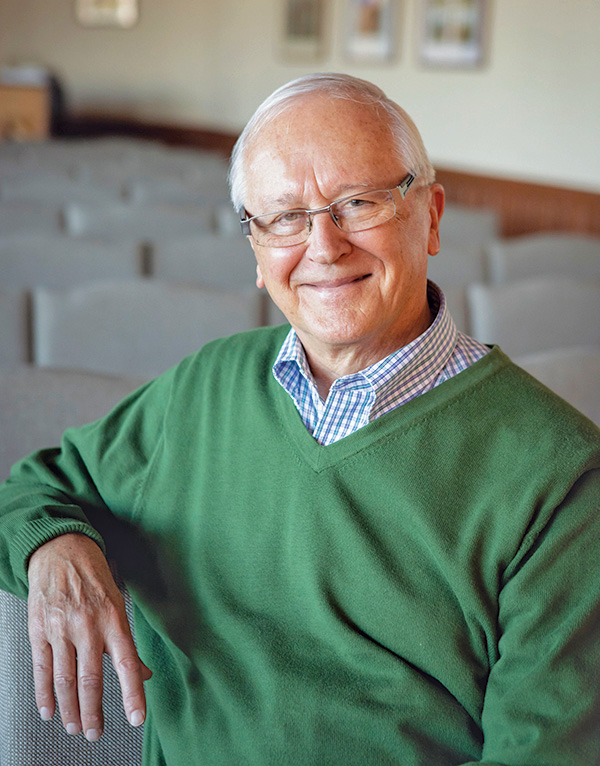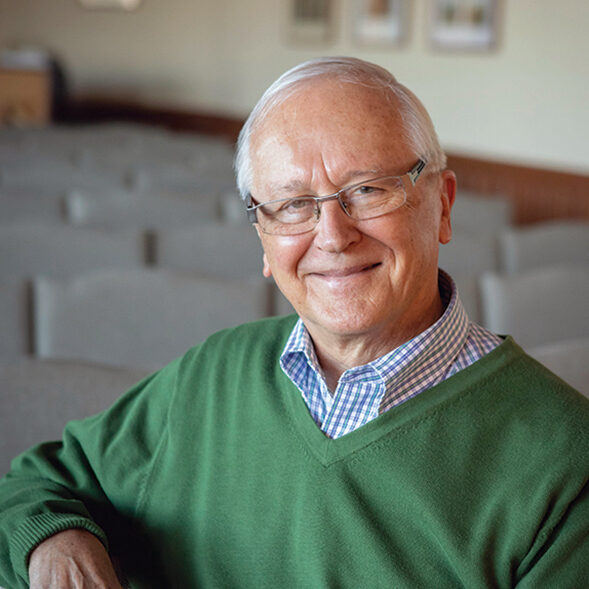 |
 For centuries before Jesus came to Earth, thousands from many generations waited for his coming. They watched for his coming, but they saw nothing except the words of the prophets. On occasion, the prophets saw visions and dreams, sometimes angels appeared, or the Lord himself appeared as he did to Moses. Except for these few instances, the words of the promises kept generations upon generations faithful and watching for the coming Messiah. They simply believed the words of the prophets written in the scrolls.
For centuries before Jesus came to Earth, thousands from many generations waited for his coming. They watched for his coming, but they saw nothing except the words of the prophets. On occasion, the prophets saw visions and dreams, sometimes angels appeared, or the Lord himself appeared as he did to Moses. Except for these few instances, the words of the promises kept generations upon generations faithful and watching for the coming Messiah. They simply believed the words of the prophets written in the scrolls.
These words took on flesh and blood when Jesus came and the prophecies became more than just words. John wrote, “The Word became flesh and made his dwelling among us” (John 1:14). All those prophecies were fulfilled in the One John and the others saw, heard, and touched—Jesus of Nazareth. The thousands who saw him and touched him during his ministry on earth heard the words of the prophecies fulfilled. The Word became flesh.
John the Baptist also appeared as a fulfillment of prophecy. When Jesus arrived, it was the fulfillment of the prophecies, but John was unworthy even to stoop down and untie the sandals of the One who was more powerful. We are reminded that “in Christ all the fullness of the Deity lives in bodily form” (Colossians 2:9). John the Baptist was not the “fullness of the Deity . . . in bodily form.” Jesus is.
Christ, the fullness of God in bodily form, stretches human wisdom to the breaking point. To our way of thinking, it is, as Paul says, “foolishness” (1 Corinthians 1:18-25). Yet he is God come to earth. John reminds us, “No one has ever seen God, but the one and only Son, who is himself God and is in closest relationship with the Father, has made him known” (John 1:18). Jesus is the Deity in bodily form and the one reliable source of truth.
How did he make God known to us? Words—words spoken in the normal everyday conversation and activity of life. Many listened to him and followed him. They watched, listened, and touched the Word made flesh. His words became critical to their understanding of God. He spoke with authority because he knew the truth all humanity needed to know. And more: He suffered the penalty all human sin deserves. Because he was the fullness of Deity in bodily form, he could substitute himself for all humans and his sacrifice would be enough for all humanity of all time. Then he rose from the dead. Those who followed him heard him, saw him, and touched him again. The same Jesus, dead, but now alive.
After 40 days, they had seen the convincing proofs that he was alive (Acts 1:3). Then Jesus returned to his Father who had sent him. The disciples shared his words they had learned with others. Some of them also wrote about him and his words. Jesus promised them the Holy Spirit, who would teach them and remind them “of everything I have said” (John 14:26).
He is risen. Believe the words of those who heard him, saw him, and touched him. Those words are not just a textbook on morality, a novel with a unique story, a how-to book to help you cope, or an encyclopedia. They share forgiveness, life, and salvation. It’s no wonder the Father proclaimed at Jesus’ transfiguration, “This is my Son, whom I love; with him I am well pleased. Listen to him” (Matthew 17:5). We have his Word. He is risen. We too shall rise as his words promise (John 14:19). Believe it.

Author: John A. Braun
Volume 109, Number 04
Issue: April 2022
- We have love
- We have hope
- We have faith
- I come
- Love one another
- Palmetto palms and wrens
- Fathers
- Mother’s Day
- Believe the Word
- The Judas priority
- In Christ
- A thought: Mary
- Come, Lord Jesus!
- A thought: Here we stand!
- A thought: Obedience
- A thought: Hope
- A thought: Almighty God
- A thought: Scripture alone
- A thought: Their message to us
- A thought: The Ides of March
- A thought: The path of the righteous
- A thought: The Bible still matters
- A thought: Happy birthday, Brother!
- A thought: Change
- A thought: Our Father
- A thought: The difference
- A thought: Imperfect world, imperfect life
- A thought: Joy and peace today and everyday
- A thought: Good job!
- In God’s hands
- A thought: Outing death
- A thought: The Christ
- A thought: Trusting what we cannot see
- A thought: Partners
- Heirs of heaven
- Hope
- The Avengers and two lions
- Faith in Jesus
- God’s policy of love
- Lord, have mercy!
- Light in the darkness
- Why?
- The shroud
- A Lutheran Lent
- Where is God?
- Turning pages







